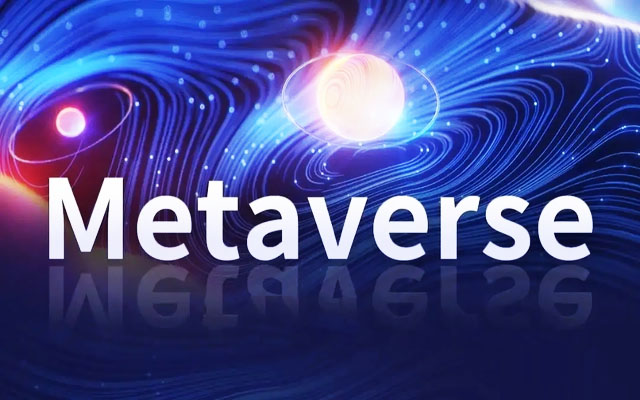Even with artificial intelligence (AI) in the spotlight right now, Meta doesn't seem to be giving up on its ambitions for the meta-universe. The company hopes to promote virtual reality as a tool to help with training.
Speaking at the Future of Work Summit in Washington on Tuesday (May 16), Meta's president of global affairs Nick Clegg praised the transformative role augmented reality (AR) and virtual reality (VR) can play in vocational training and education.
Clegg said, "When it comes to AR and VR, I'm pretty sure that one of their most powerful applications is their ability to significantly improve the ability to learn new skills." Clegg is referring to its applications in the skilled trades, schools, elder care and more.
It will take 10 years to become widespread
Enthusiasm for the metaverse has been waning in recent months with the rise of AI and the recent layoffs at Meta's Reality Labs division, which makes the Quest VR headset and Horizon Worlds VR platform. But Clegg continues to be optimistic about the metaverse.
According to Clegg, "It will take about 10 to 15 years for the technology to mature enough, become affordable, and become truly ubiquitous in society."
On Tuesday, Interplay Learning CEO Doug Donavon said the technology has helped create a "boot camp-style" training that allows workers to be ready for work in five to six weeks instead of months.
Interplay Learning has reportedly used Meta's VR headset to train workers in industries such as plumbing, HVAC systems and electrical services.
But according to Donavon's words, "people aren't exactly buying it," indicating that adoption of the technology has so far been a major hurdle.
Having it both ways
The latest advances in AI - specifically, generative AI (AIGC) - have attracted the tech community and spawned new startups.
Clegg believes that the recent publicity about AI helps companies achieve their meta-universe goals, rather than replacing it. "We can do both. It's not a trade-off."
"One completely enhances the other. Without generative AI, people won't be able to enjoy the meta-universe of the future."
The rise of AI has been accompanied by concerns about unemployment. And Clegg Clegg says Meta is positioning metaverse technology as a way to put more people to work.
Last week, Rep. Lisa Blunt Rochester, a Democrat from Delaware, and Rep. Tim Walberg, a Republican from Michigan, introduced the American Workforce Immersive Technology Act, a bipartisan bill that creates a five-year grant program at the Department of Labor to support community colleges and career education centers to deploy in the classroom AR and VR technologies.




Comments5